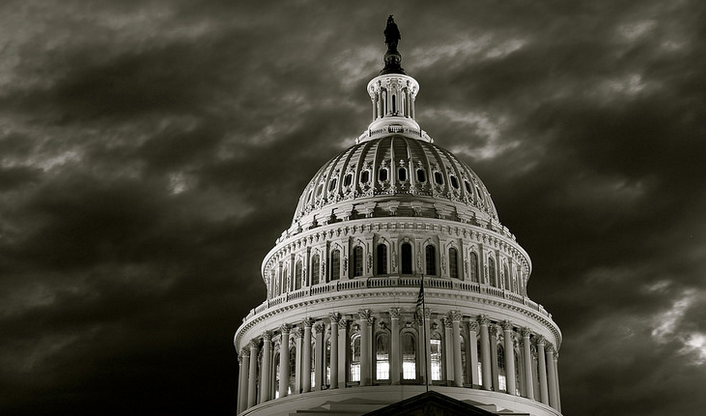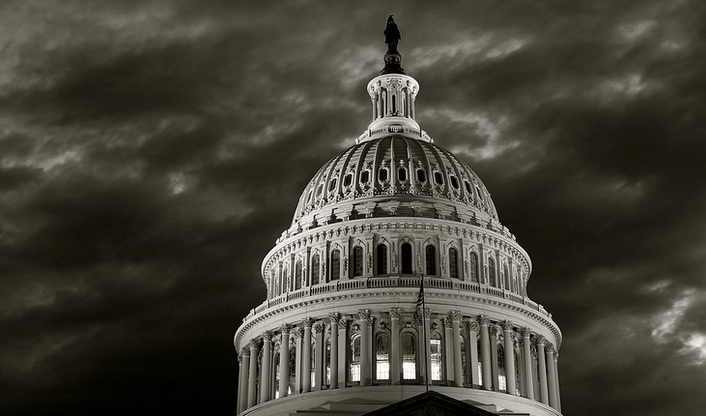

As Congressional investigations into Russia’s role in manipulating the election for U.S. president deepens, tech companies are assuming a more central role in the inquiries. Both Twitter and Facebook are stepping up their efforts to cooperate with Congressional investigations into Russian interference with last year’s presidential election.
For Twitter, that means agreeing to a briefing with the Senate Intelligence Committee chaired by Virginia Democrat Mark Warner next Wednesday on the role foreign agents operating on the company’s social network may have played in influencing the election.
Meanwhile, Facebook has agreed to release the 3,000 ads it had identified as having been purchased by accounts associated with a Russian organization called the Internet Research Agency (and which might have played a role in shaping results of the election).
The moves are significant for several reasons. They underscore not just the central role these social media sites have played in political events, but also they highlight how that role may have been in part a negative and illegal one, rather than the exclusively positive and educative one that the sites would have you think.
The moves also highlight the tensions that continue to exist — and will not soon disappear — between data privacy and proprietary platforms, and producing information when mandated by authorities and to what end those are justifiable requests.
In a statement posted to Facebook’s site, company general counsel, Colin Stretch, announced the reversal of the company’s initial decision not to share the ads.
Stretch writes:
After an extensive legal and policy review, today we are announcing that we will also share these ads with congressional investigators. We believe it is vitally important that government authorities have the information they need to deliver to the public a full assessment of what happened in the 2016 election. That is an assessment that can be made only by investigators with access to classified intelligence and information from all relevant companies and industries — and we want to do our part. Congress is best placed to use the information we and others provide to inform the public comprehensively and completely.
The Facebook general counsel said that it was not a decision the company took lightly, in part because the company considers ads user content.
Setting aside anything that might be problematic with that approach, Facebook also made the argument that the initial decision to withhold the ads was done so the company wouldn’t set a troubling precedent for future information requests from any government.
That logic also begins to look specious in light of the company’s reported approach to restricting and monitoring content in other nations with more authoritarian governments.
But here, again, are Stretch’s comments:
As our biannual transparency reports make clear, we carefully scrutinize all government data requests, from here and abroad, and we push back where they do not adhere to those legal limitations. And, of course, we also recognize and support the important work of government investigations and take care not to take steps, like public disclosures, that might undermine them.
What ultimately swayed the company’s mind (officially) was the fact that the investigation goes to the integrity of the nation’ selection process… and that the tools used were so sophisticated that “understanding those efforts requires a united effort, from across the technology, intelligence and political communities.”
At Twitter, meanwhile, executives from its Washington, DC office will appear before the Senate committee investigating Russian interference in the election.
“Twitter engages with governments around the world on public policy issues of importance and of interest to policymakers. We are cooperating with the Senate Select Committee on Intelligence in its inquiry into the 2016 election and will meet with committee staff next week,” a spokesperson for the company wrote in an email. “Twitter deeply respects the integrity of the election process, a cornerstone of all democracies, and will continue to strengthen our platform against bots and other forms of manipulation that violate our Terms of Service.”
It has been reported that Robert Mueller, the special counsel leading an investigation into the 2016 election and possible ties to Trump’s associates, is also interested in probing Twitter as part of that investigation, but for now the social media site has yet to testify or provide documents.
There had been reports that Twitter would appear before Warner’s committee, and Warner had stated his desire for the company to do so, but this is the first time that Twitter has confirmed its involvement directly.
Featured Image: Danny Huizinga/Flickr UNDER A CC BY 2.0 LICENSE

